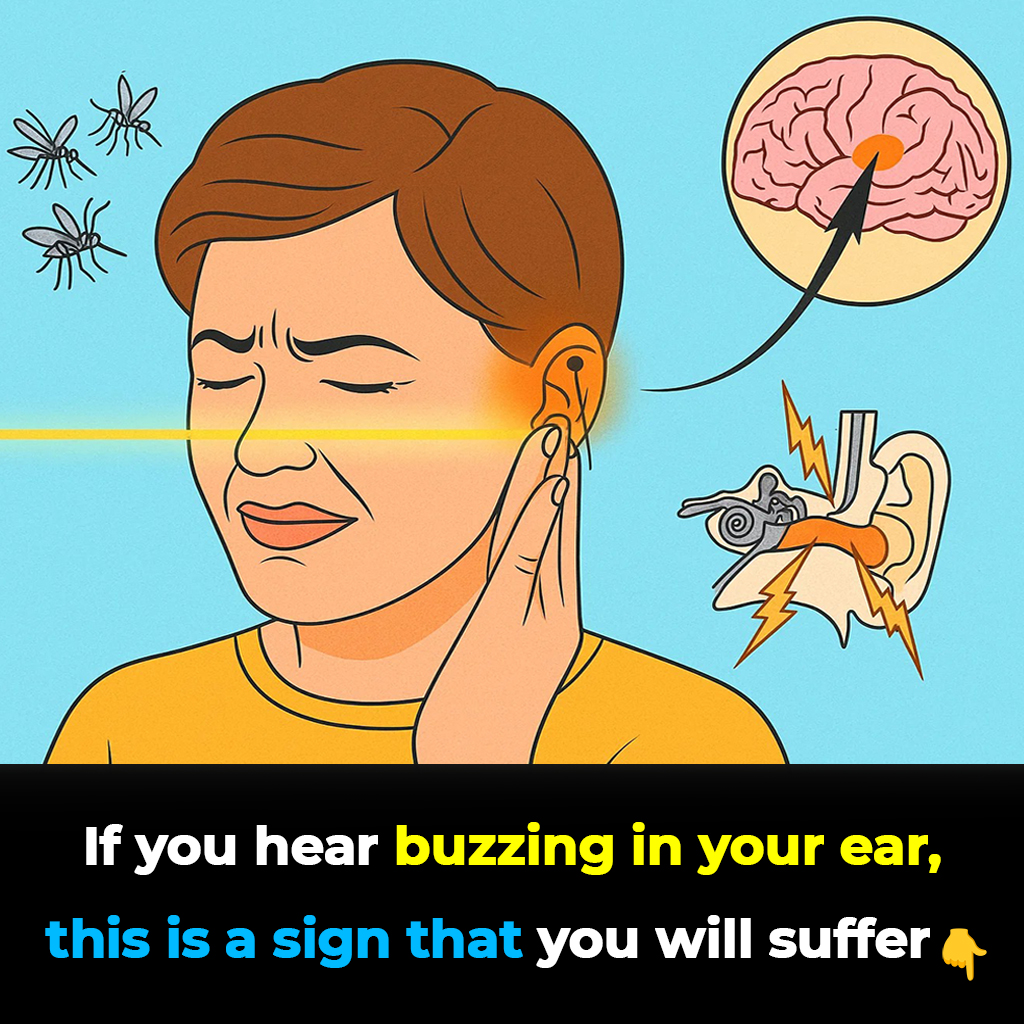The Hidden Truth About Tinnitus: Why That Ringing in Your Ears Shouldn’t Be Ignored
Tinnitus, commonly described as a persistent ringing, buzzing, or hissing in the ears, affects millions of people worldwide. While many dismiss it as a minor inconvenience, tinnitus can be a warning sign of underlying health conditions that should not be ignored.
What Is Tinnitus?
Tinnitus is not a disease itself but rather a symptom of another problem. It may occur in one or both ears, and the sounds can vary in pitch and intensity. Some people experience it occasionally, while for others it becomes a constant and disruptive condition.
Possible Causes
Several factors can trigger tinnitus, including:
Exposure to loud noise – Long-term exposure to loud environments, such as concerts or industrial workplaces, can damage the inner ear.
Age-related hearing loss – As we grow older, natural changes in the auditory system may lead to tinnitus.
Earwax buildup – Excess earwax can block the ear canal and cause ringing sounds.
Medical conditions – Issues such as high blood pressure, cardiovascular disease, or temporomandibular joint (TMJ) disorders may contribute to tinnitus.
Medications – Certain antibiotics, painkillers, and chemotherapy drugs list tinnitus as a possible side effect.
Why You Shouldn’t Ignore It
Although many cases of tinnitus are temporary, chronic or worsening symptoms can signal something more serious. Ignoring tinnitus may lead to:
Hearing loss – Persistent tinnitus often accompanies or precedes hearing decline.
Sleep disturbances – Constant ringing can interfere with rest and overall health.
Mental health concerns – Long-term sufferers often report anxiety, depression, and difficulty concentrating.
When to Seek Medical Help
You should consult a healthcare professional if:

